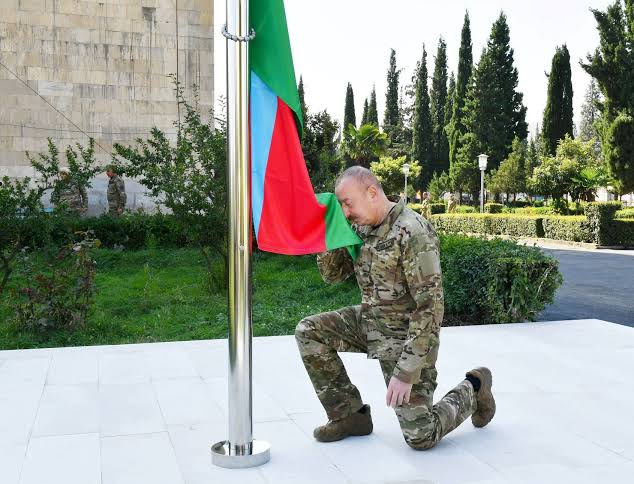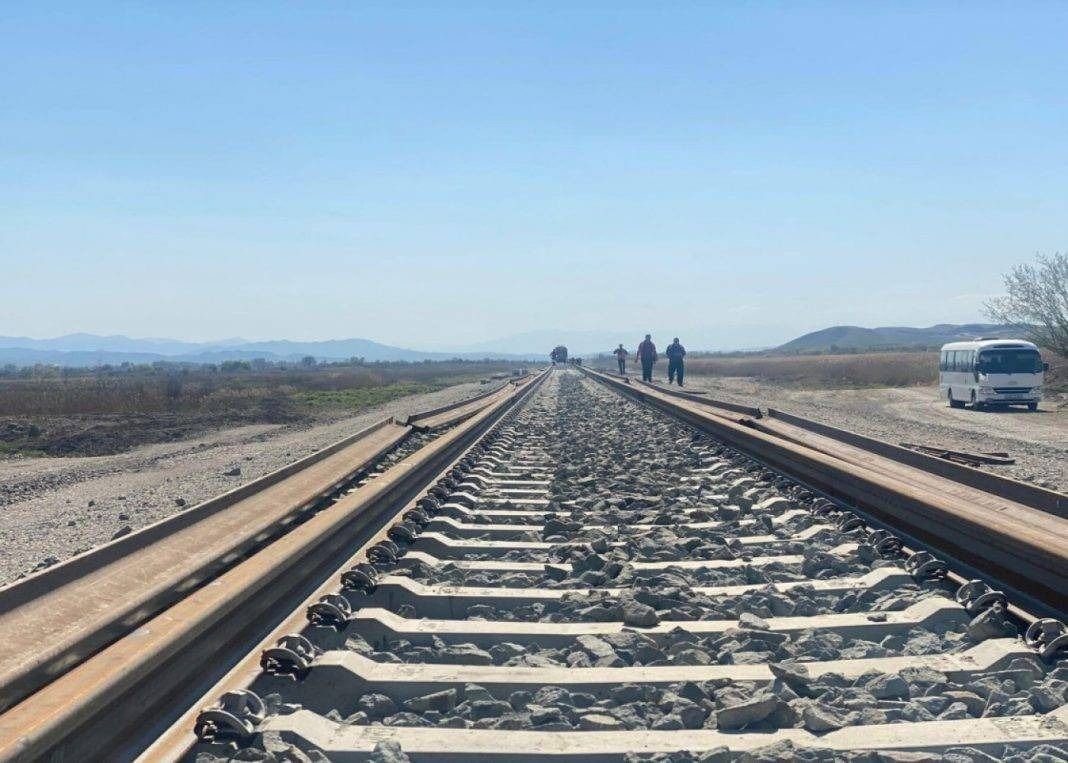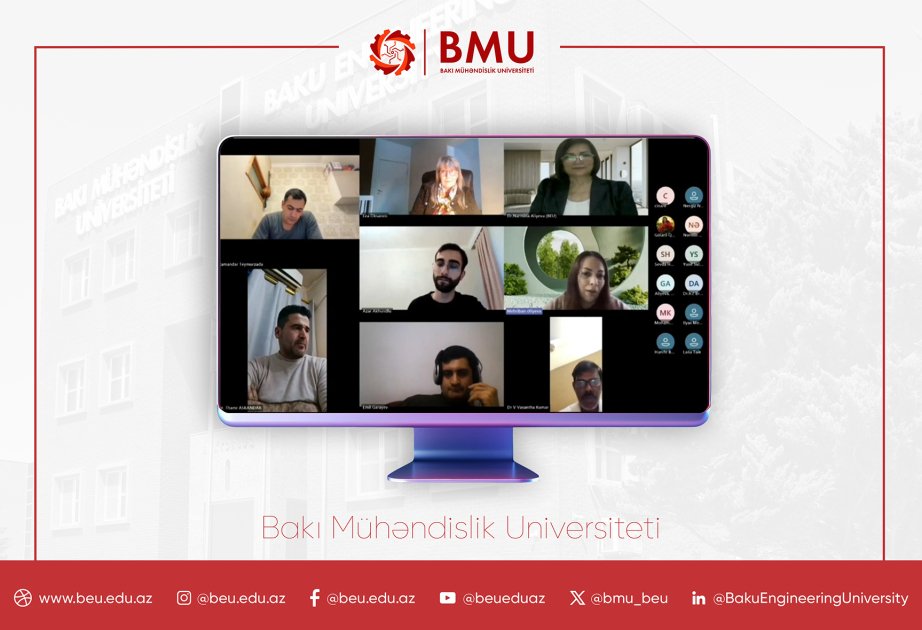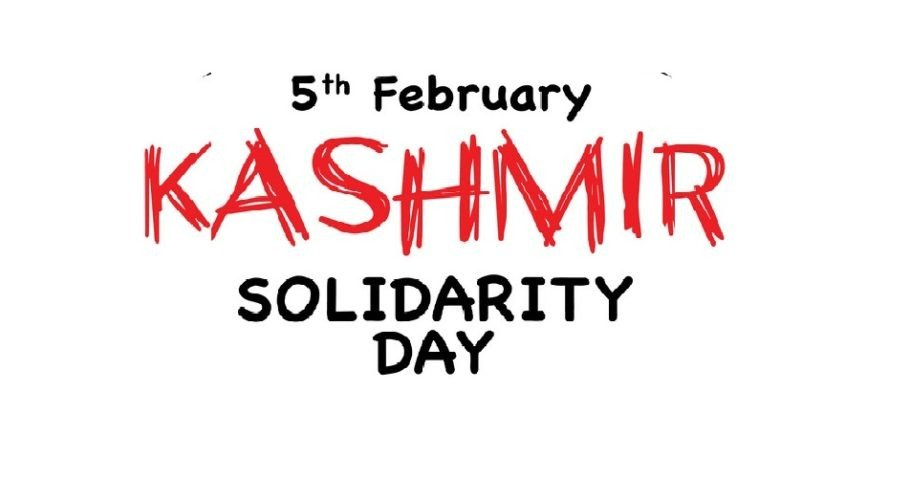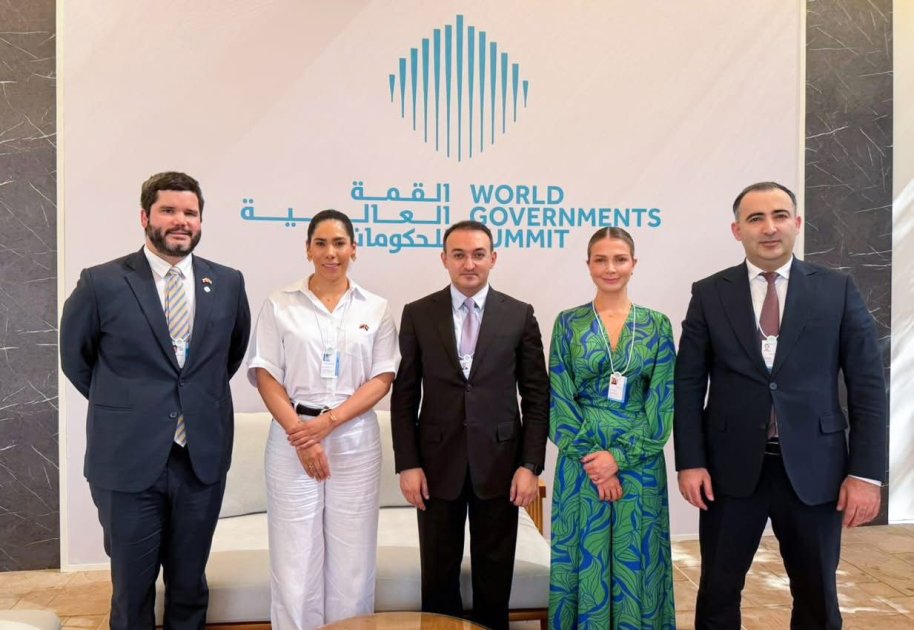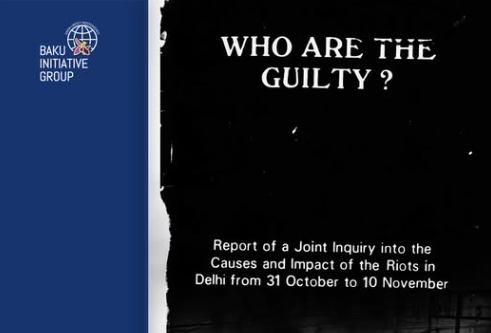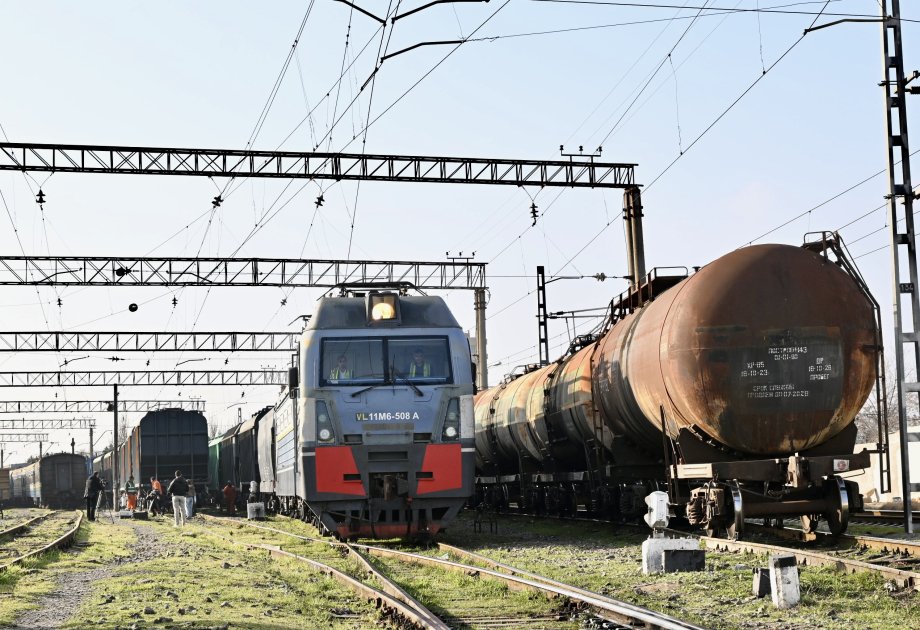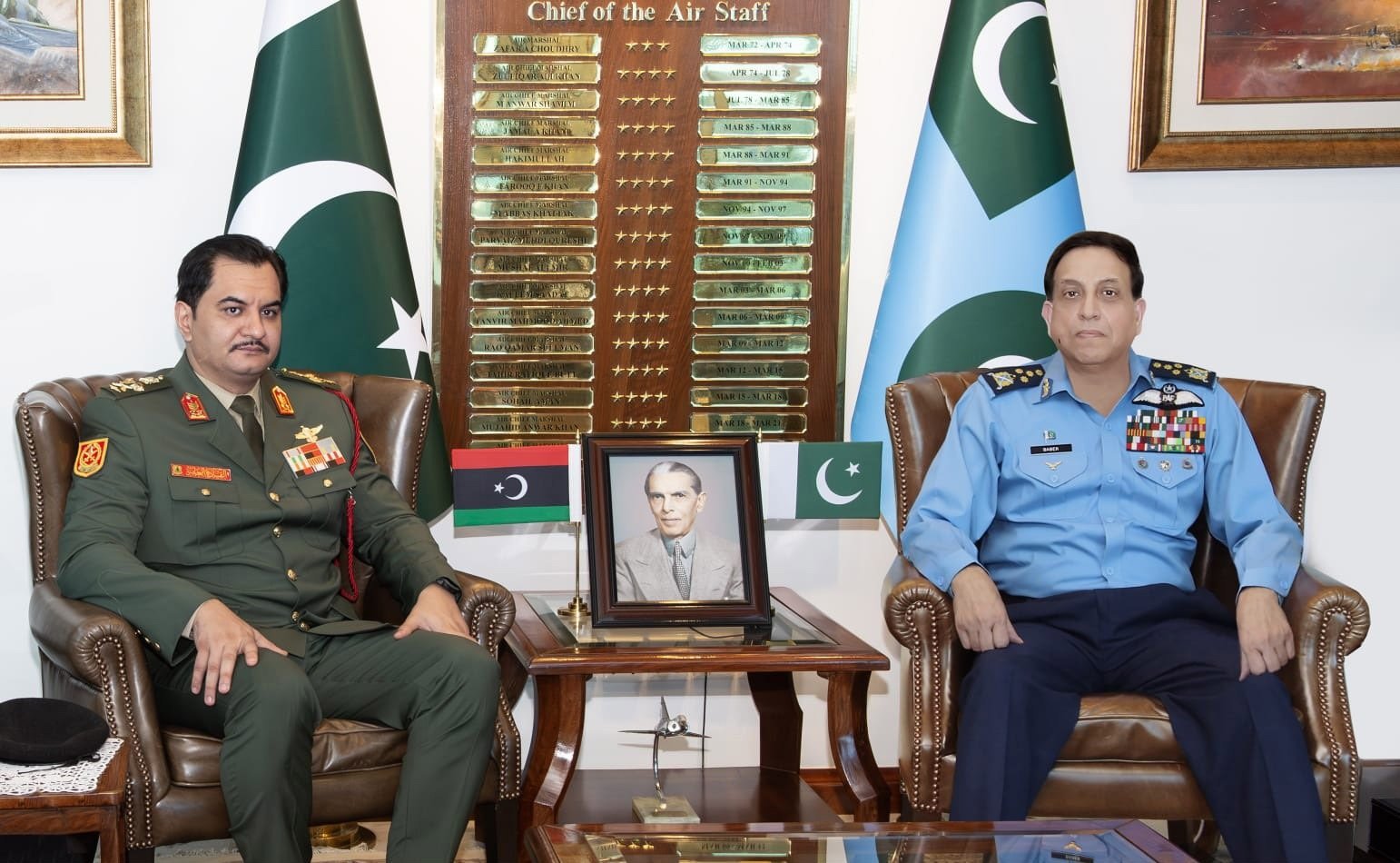The resolution of the Garabagh conflict marks a significant turning point not only for Azerbaijan but for the entire Caucasus region. With the liberation of territories once under Armenian occupation, a new chapter of hope, confidence, and prosperity unfolds. President Ilham Aliyev’s leadership, alongside the resilience of the Azerbaijani people and their triumphant army, has catalyzed a remarkable transformation, evident in the ongoing restoration efforts and the return of displaced Azerbaijanis to their ancestral homes.
Shusha, a cultural jewel tarnished by years of occupation, stands as a poignant symbol of this renewal. The inauguration of the first residential complex in Shusha, attended by President Aliyev and First Lady Mehriban Aliyeva, signifies a tangible step towards reclaiming the city’s former glory. As President Aliyev affirmed in 2020, Shusha is poised to revive and regain its historical significance, a promise now materializing through extensive reconstruction and infrastructure development.
Central to this revitalization is the allocation of significant resources, exemplified by the 2.2 billion manats earmarked in the 2021 state budget for restoration projects. Beyond mere physical reconstruction, the resurgence of Shusha and other liberated regions heralds a broader renaissance, encompassing cultural, economic, and technological spheres.
Investments in green energy, education, agriculture, and culture underscore Azerbaijan’s commitment to holistic development. Collaborative endeavors with international partners, such as the agreement between “Azerenerji” OJSC and the Italian company “Ansaldo Energia” for the establishment of electric power infrastructure, exemplify the global interest in contributing to Garabagh’s resurgence.
Moreover, initiatives like the creation of a High Technologies Park in Garabagh, facilitated through strategic partnerships with entities like the “GOSB” technology park and the Azerbaijan Innovation Agency, promise to foster innovation and entrepreneurship in the region.
The international community’s support, particularly from Western countries like Great Britain, in addressing urgent challenges such as demining, underscores the collective commitment to ensuring a safe and prosperous future for Garabagh. Decades of Armenian occupation have left behind a legacy of landmines and explosive remnants of war, posing grave risks to civilian lives and hindering socio-economic progress.
The Azerbaijan National Agency for Mine Action (ANAMA), in collaboration with the European Union and UNDP, has undertaken commendable efforts to mitigate these risks and assist victims of mine-related incidents. Notably, the establishment of female demining teams represents a significant milestone in promoting gender inclusivity and empowerment in traditionally male-dominated fields.
Through rigorous training and international collaboration with organizations like the Mines Advisory Group (MAG), Azerbaijani deminers are equipped with the necessary skills and expertise to address this critical humanitarian challenge.
As Azerbaijan continues its journey of reconstruction and development, it emerges as a beacon of stability and progress in the South Caucasus. By prioritizing peace-oriented initiatives and fostering global cooperation, Baku aims to not only resolve the Azerbaijan-Armenia conflict but also to nurture a secure and prosperous future for the entire region.
In conclusion, the end of the Garabagh conflict heralds a new dawn for Azerbaijan and the Caucasus, characterized by resilience, renewal, and the promise of a brighter tomorrow.
Ms. Fatima Tuz Zehra is the Editor-In-Chief of The Gulf Observer.

President “The Gulf Observer Research Forum” and the Editor-In-Chief, https://thegulfobserver.com
